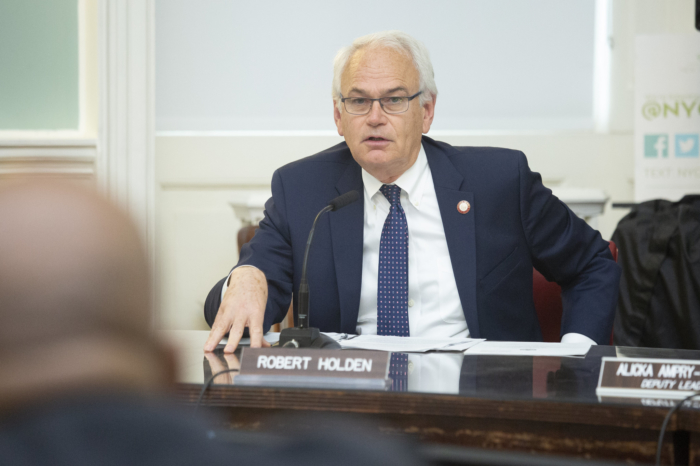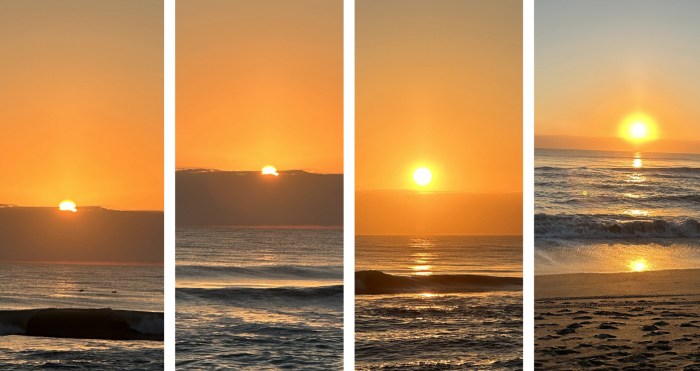By William Lewis
Since Mayor Michael Bloomberg began his administration in 2002, he has been trying to keep religious groups from renting public school properties for Sunday services. Recently, the City Council passed a resolution giving religious institutions permission to use school property for religious services. The vote was 38-11 against the mayor’s position and in favor of the religious groups.
The case will now go before a federal appeals court. This conflict involving separation of church and state has been going on for years. The U.S. Supreme Court, during the early 1960s, handed down a major court ruling against public schools conducting religious prayer during the school day. There have been numerous court suits involving this issue since then.
Regarding the mayor’s actions in New York City, the concept of providing rental space to organizations and then putting a religious test on their actions could prove to be a confusing matter. For instance, there are a significant number of secular organizations that have religious prayers during their meetings. The prayers are usually conducted by the organization president. In some cases, various secular organizations have their own chaplain who leads prayers.
At any rate, if Bloomberg found out that some secular organizations that rented rooms to conduct their meetings were also having religious exercises, would he forbid it and tell them they could not have prayer or any other religious exercise when they were meeting on public school property? Would Bloomberg indicate that he would not allow any group, religious or secular, to conduct any kind of religious activities?
It is to be hoped that the federal courts will give a decision regarding this issue, since our city government has been dealing with this situation since Bloomberg first took office, though this controversy has been with us since 1995.
When we look from a historical perspective, our nation, especially in Massachusetts, was begun by Puritans and Pilgrims in the 1600s. They came here to seek religious freedom.
During the 1830s, there was religious conflict in the public schools as to whether Catholic or Protestant theology would prevail in public school religious instruction.
Actually, some form of religious history has to be taught, since so much of world history involved religious conflicts.
This present conflict that has involved the mayor for almost 12 years and now has involved the Council may eventually reach the Supreme Court. It could become an important case and have an effect on future cases involving religious freedom.
The United States has always been a religious country and, regardless of court cases and government decisions, will remain so. Freedom of religion, however, does not mean freedom from religion. In our nation, organized religion is practiced openly and almost all citizens would agree it has had a positive effect on our nation’s ideals.
The petition drive is beginning soon to qualify candidates to run for public office. In New York City, there is a lot of interest in the election of mayor and also the Council.
The mayoral election has always attracted a lot of interest around the country. Even though no New York City mayor has gone on to higher office, such as governor or U.S. senator much less president, since the 1850s, the office of mayor is a highly respected position.
2013 will be an interesting political year in New York City.































